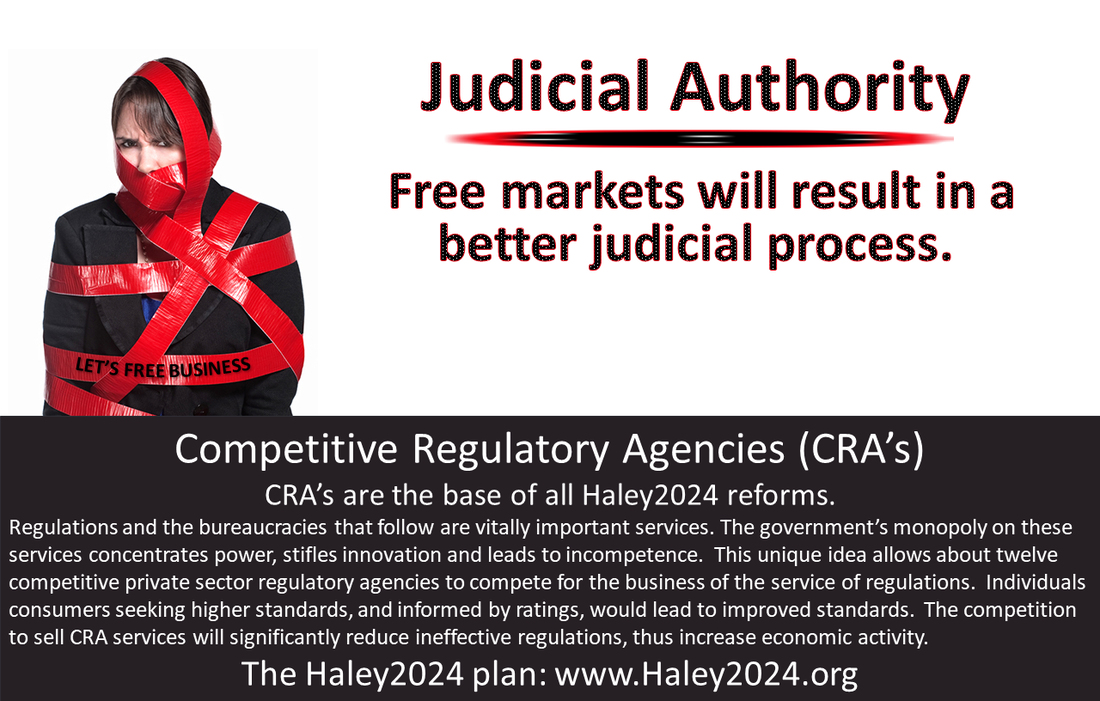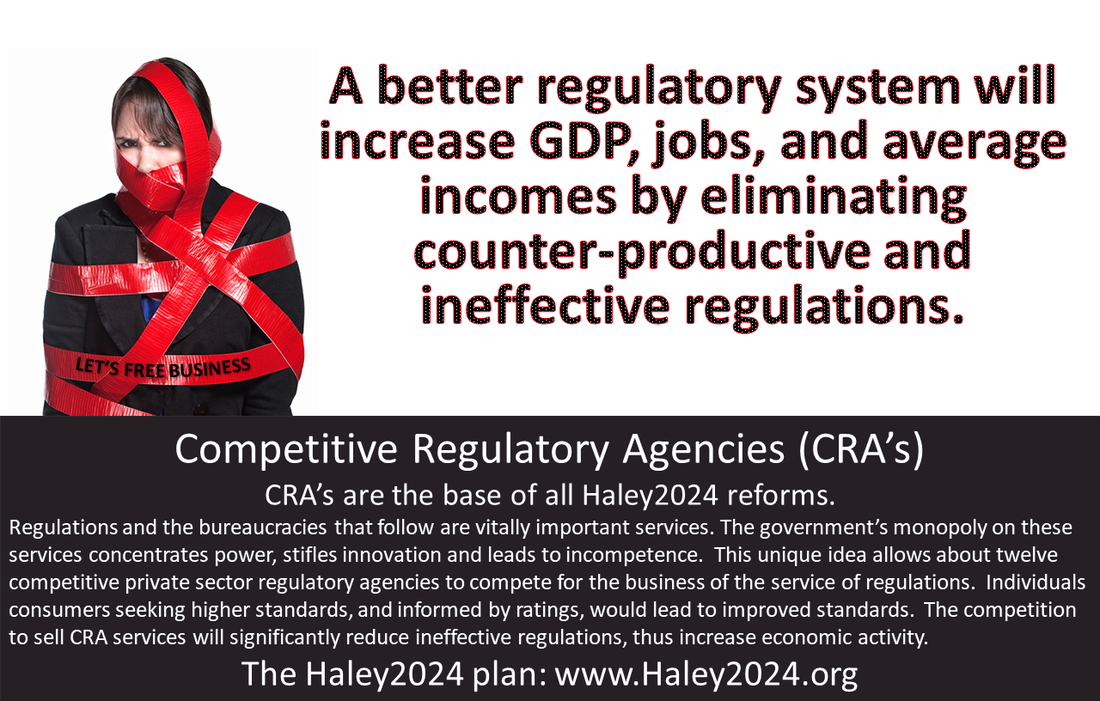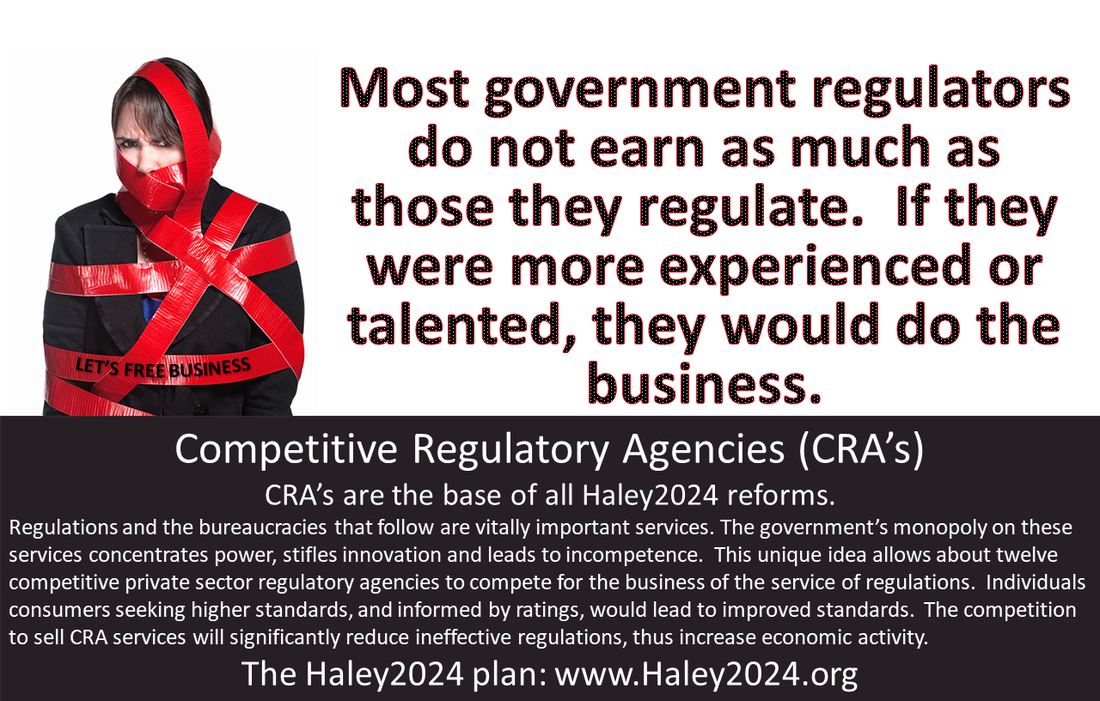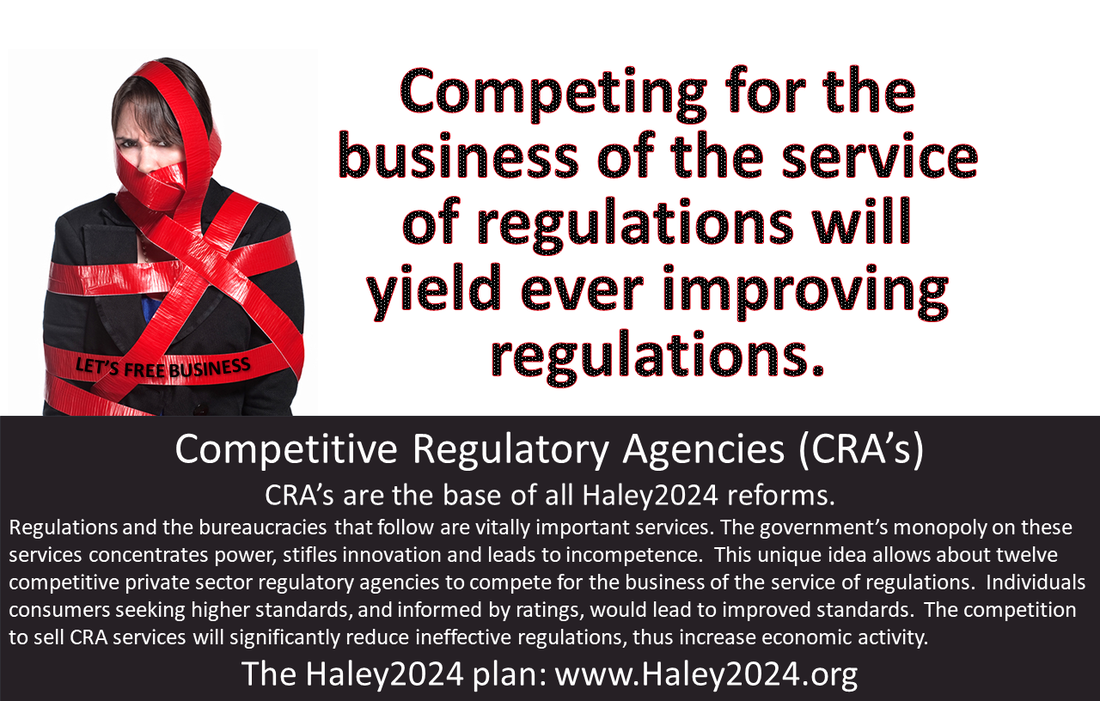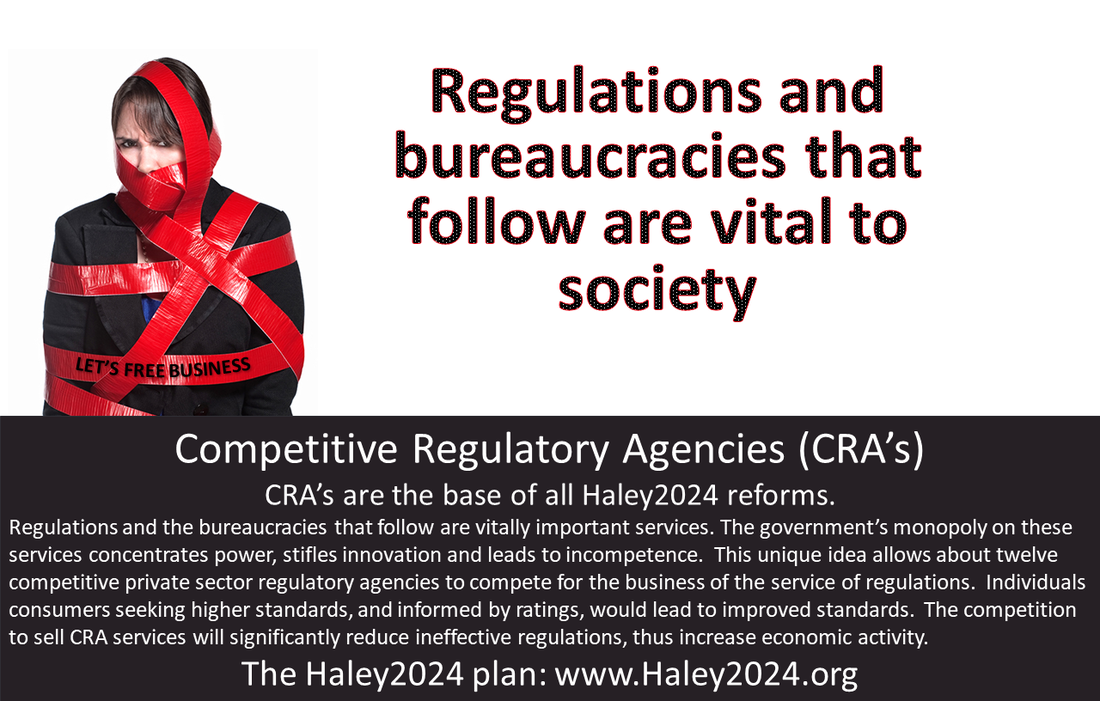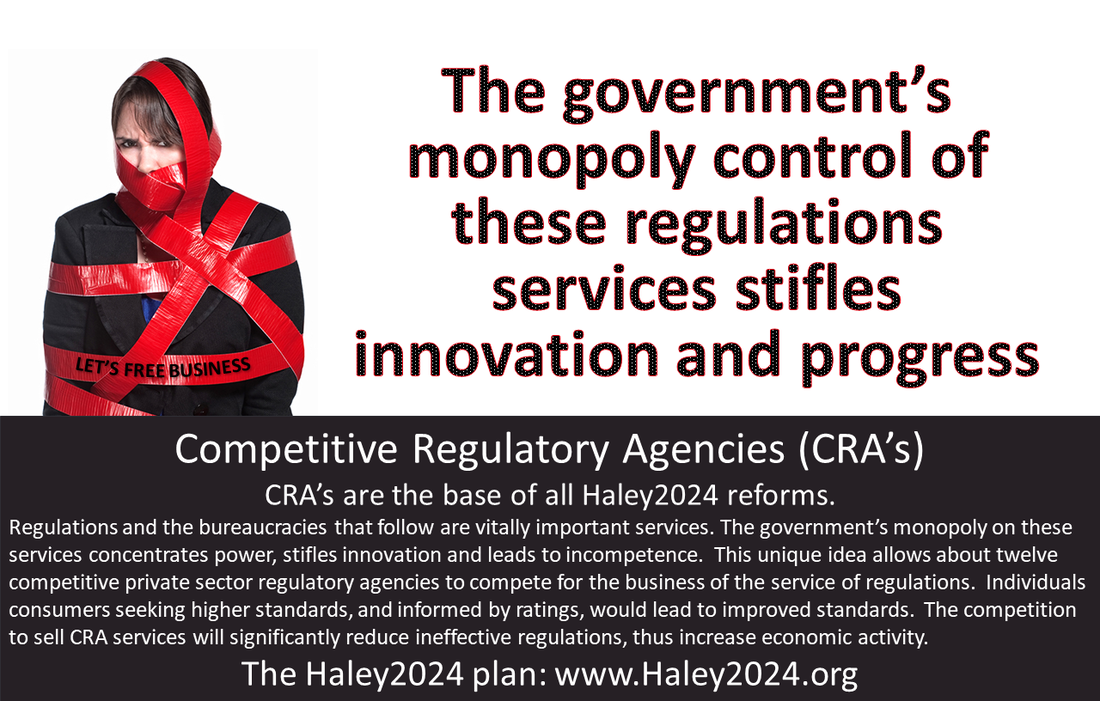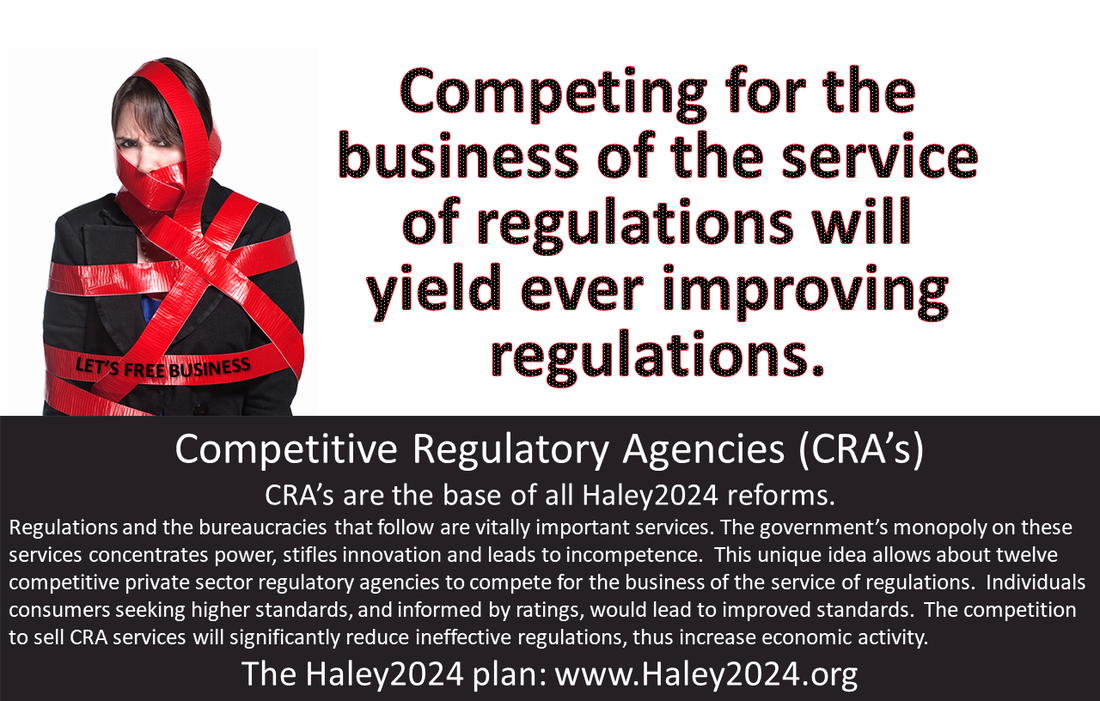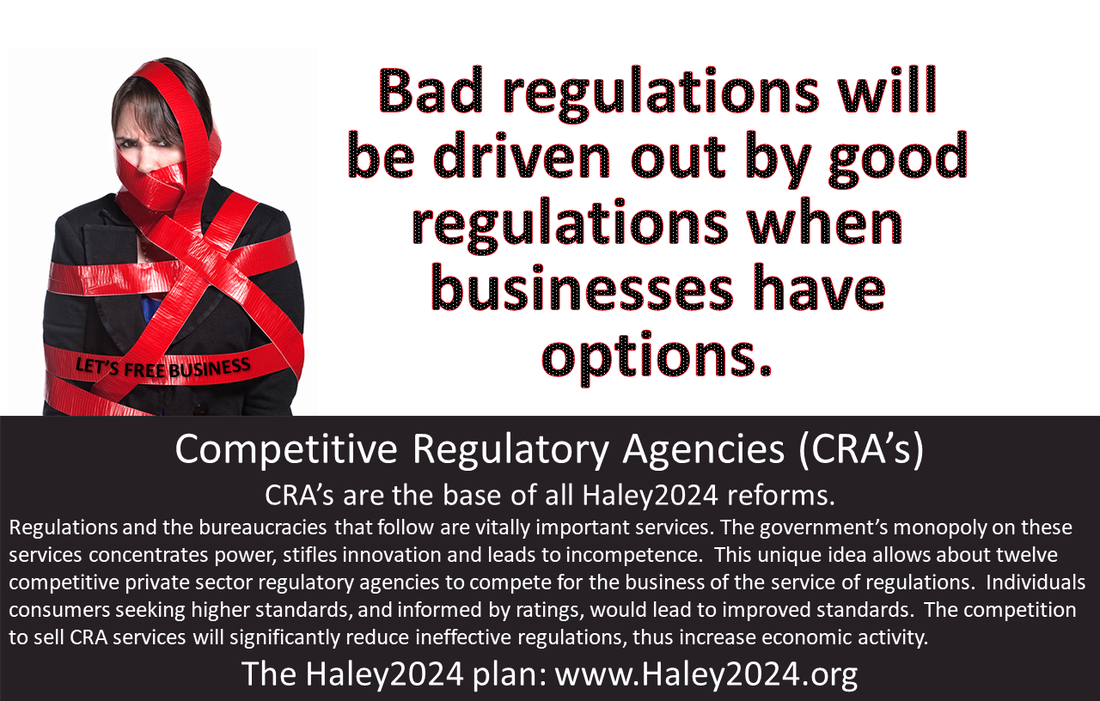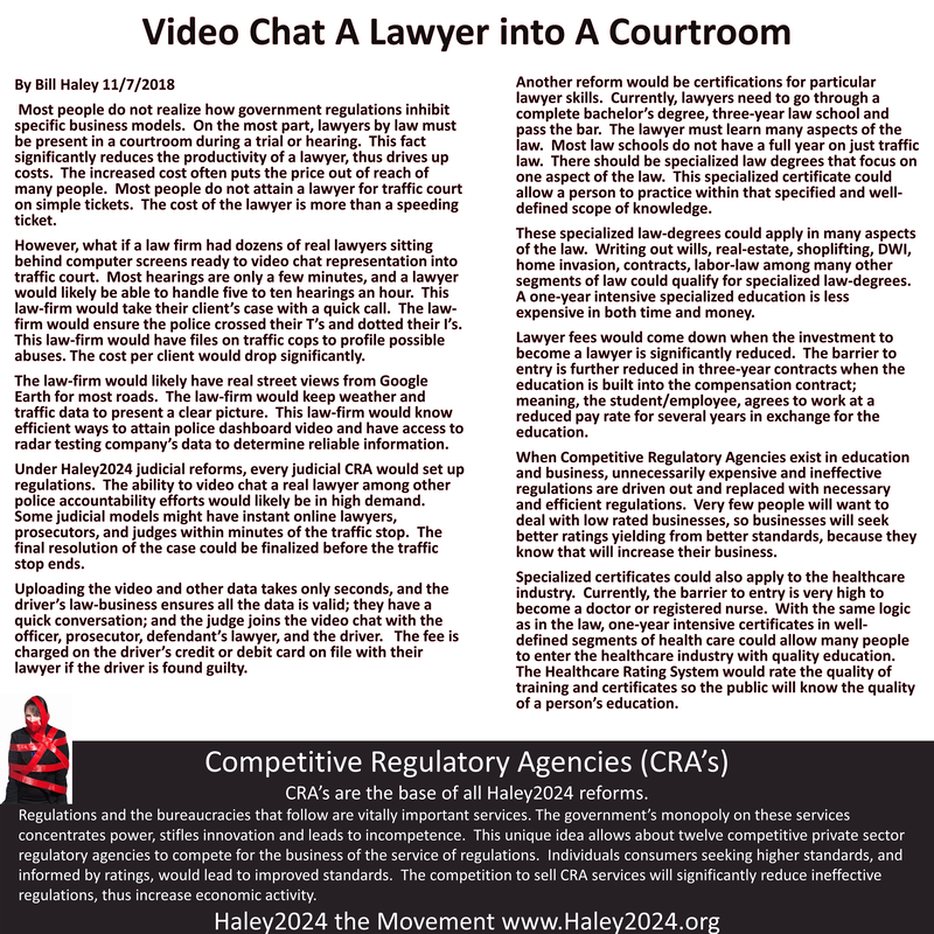| Most people do not realize how government regulations inhibit specific business models. On the most part, lawyers by law must be present in a courtroom during a trial or hearing. This fact significantly reduces the productivity of a lawyer, thus drives up costs. The increased cost often puts the price out of reach of many people. Most people do not attain a lawyer for traffic court on simple tickets. The cost of the lawyer is more than a speeding ticket. |
| However, what if a law firm had dozens of real lawyers sitting behind computer screens ready to video chat representation into traffic court. Most hearings are only a few minutes, and a lawyer would likely be able to handle five to ten hearings an hour. This law-firm would take their client’s case with a quick call. The law-firm would ensure the police crossed their T’s and dotted their I’s. This law-firm would have files on traffic cops to profile possible abuses. The cost per client would drop significantly. |
| The law-firm would likely have real street views from Google Earth for most roads. The law-firm would keep weather and traffic data to present a clear picture. This law-firm would know efficient ways to attain police dashboard video and have access to radar testing company’s data to determine reliable information. |
| Under Haley2024 judicial reforms, every judicial CRA would set up regulations. The ability to video chat a real lawyer among other police accountability efforts would likely be in high demand. Some judicial models might have instant online lawyers, prosecutors, and judges within minutes of the traffic stop. The final resolution of the case could be finalized before the traffic stop ends. |
| Uploading the video and other data takes only seconds, and the driver’s law-business ensures all the data is valid; they have a quick conversation; and the judge joins the video chat with the officer, prosecutor, defendant’s lawyer, and the driver. The fee is charged on the driver’s credit or debit card on file with their lawyer if the driver is found guilty. |
| Another reform would be certifications for particular lawyer skills. Currently, lawyers need to go through a complete bachelor’s degree, three-year law school and pass the bar. The lawyer must learn many aspects of the law. Most law schools do not have a full year on just traffic law. There should be specialized law degrees that focus on one aspect of the law. This specialized certificate could allow a person to practice within that specified and well-defined scope of knowledge. |
| These specialized law-degrees could apply in many aspects of the law. Writing out wills, real-estate, shoplifting, DWI, home invasion, contracts, labor-law among many other segments of law could qualify for specialized law-degrees. A one-year intensive specialized education is less expensive in both time and money. |
| Lawyer fees would come down when the investment to become a lawyer is significantly reduced. The barrier to entry is further reduced in three-year contracts when the education is built into the compensation contract; meaning, the student/employee, agrees to work at a reduced pay rate for several years in exchange for the education. |
| When Competitive Regulatory Agencies exist in education and business, unnecessarily expensive and ineffective regulations are driven out and replaced with necessary and efficient regulations. Very few people will want to deal with low rated businesses, so businesses will seek better ratings yielding from better standards, because they know that will increase their business. |
| Specialized certificates could also apply to the healthcare industry. Currently, the barrier to entry is very high to become a doctor or registered nurse. With the same logic as in the law, one-year intensive certificates in well-defined segments of health care could allow many people to enter the healthcare industry with quality education. The Healthcare Rating System would rate the quality of training and certificates so the public will know the quality of a person’s education. |
THE 80% TAX ON LEGAL HELP
How to Regulate Legal Services to Improve Access, Innovation, and the Quality of Lawyering
Hastings Law Journal (2016) Gillian K Hadfield and Deborah L. Rhode
The Cost of Law: Promoting Access to Justice Through the (Un)Corporate Practice of Law
International Review of Law and Economics (2014) Gillian K Hadfield, University of Southern California Law
How to Regulate Legal Services to Improve Access, Innovation, and the Quality of Lawyering
Hastings Law Journal (2016) Gillian K Hadfield and Deborah L. Rhode
The Cost of Law: Promoting Access to Justice Through the (Un)Corporate Practice of Law
International Review of Law and Economics (2014) Gillian K Hadfield, University of Southern California Law
